Hearing your conscience
Gopal Govind Thakur is a Assistant Professor of Geography.
It is not the physical form that we possess that makes us human; instead, it is the inner voice of ours that lets us know what is human or inhuman. This inner voice is our conscience which tells us what should be or shouldn’t be done. Some pay heed to it and follow it while others ignore it, and that’s where the difference between human and inhuman lies. For example, a dolphin saving a dog from drowning is much more human than a man cheating others for selfish gains. Thus, humanity has nothing to do with external looks but is concerned with the internal mechanism of paying heed to your inner voice.
Paying heed to it helps
Paying heed to your conscience makes dilemmas very clear and helps one to choose the right path. Let us take the example of Mahatma Gandhi in this regard. The Non-cooperation movement was at its peak when the Chauri Chora incident took place in February 1922. The incident resulted in violent clashes, killing some of the policemen. At this juncture, Gandhi, as the leader of the movement, relied on his inner voice. The human in him asked him whether he would carry forward the movement despite the violence and set a precedence that some killings are ok when you are at your apex, that is not the means, but the ends that are important or will leave behind that is wrong and start afresh. Gandhi heard what his inner voice said. It said no matter what, killings are wrong and immoral and so there is a need to start afresh. This is what he did. This weakened the movement and probably delayed the freedom, but the freedom achieved was historic. Probably the only Independence without violent clashes.
The inner voice makes life very easy and clear, with no place for stress. One feels uneasy, stressful, uncomfortable only when they try to ignore it and work contrary to what it says.
The inner voice is eternal
The inner voice is always present and never dies. Even after continuous ignorance, it remains. However, the constant denial of what it says may reduce its significance, and this increases the chances of choosing a wrong path. For example, a cold-blooded murderer during his first murder would have heard his inner voice very loud and clear, that what he was thinking of doing was immoral. But he ignored it and went ahead. During the second time, the same voice was present but not that loud, and during his last time, it was too low to be heard, but it was there.
Role of external support
It is not easy to suppress this voice. Once you ignore it, you would look for external support, which is seeking legitimacy from the society when you do something contrary to the inner voice in order to assure yourself that whatever you did was acceptable. This external support, if achieved, one would strongly suppress the voice, but in its absence, would soon surrender to the voice and choose what is right. For example, a young college boy harasses his collegemate and narrates the incident to his friends. In this case, if he receives the support of his friends, he would forget his inner voice and would readily do it again, probably frequently. But if his friends condemn him he may for the moment, due to his stubborn attitude, refuse to accept that he is wrong, but after a while, he would accept his mistake at least to himself. He may search for other external support, say his family members or relatives, but rejection from all will bring him to the inner voice that would show him the right path. Thus an educated and morally prudent society can direct an individual to the inner voice or conscience.
The relevance of the conscience in the contemporary world
The inner voice is very relevant to today’s world, which is full of clashes and is day by day consuming nature. The issue of Palestine, Kashmir, Afghanistan, Yemen are all manifestations of a single truth- a fading inner voice as most of the stakeholders have suppressed this voice and have given materialistic things like money, land and power greater value than human lives. The big industries, the felling trees, toxic air and drying rivers all point to the suppression of this voice. ” When greed climbs the ladder, humanity steps down.” A detailed analysis of all the clashes would make one conclude that the final objective is to grab land, money and power where nationalism is used as one of the tools. Same is true for an environment degrading economic growth where the money is earned by selling the health of nature, which adversely impacts the men, especially the most vulnerable ones. Rescue to the situation is paying heed to your inner voice that makes us more human. The authorities must listen to their talkative heart, which constantly warns them against steps which provide short term personal gains at the cost of long-term societal losses. The fundamental of democracy is to hear and work accordingly to the inner voice of the people and not submit against those who have already diminished their humanity, and if a State submits, its citizen has all rights to dissent if their conscience says so because conscience is the source of dissent according to Mahatma Gandhi.
A difficult path to follow
It is not easy to suppress the inner voice, as said earlier. Following it requires courage, patience and short term losses. Let us take the previous case, for example. A government not submitting to the pressure of environment degrading forces may end up losing the power. It may be that the leader of such a government may never regain the position he had earlier. But still, such a leader would be happy and cheerful and would never regret what he did. This is because his greed of power is already defeated by his power of humanity. For him right and wrong matter more than chair and power. It was this same inner voice that made Shri Lal Bahadur Shastri to jail his son when he used a car of Prime Minister of India which his father had as he was the incumbent Prime Minister. One who has the strength to follow the path of this inner voice in us and follows it in every circumstance probably attains the Moksh or the Nirvana which made Siddharth- Gautama Buddha. This was probably the enlightenment of Buddha in true sense.
A guide in the dark
The humanity, the inner voice in us is like a drone which provides light to a person below, wandering in a dark forest. He may choose to ignore this light and get lost in this dark forest or may choose to stick to it. While he follows the light, he may come across barriers such as rivers, lakes, high mountains. He has to overcome all of these as the only right way is on the other side where the light is heading. These barriers are the losses which one incurs while hearing and following the voice. But in the end, as the light would succeed in showing a way out of the dark, so will your inner voice lead you to the right path.
Believe your conscience
You always know what is right or wrong. The only difficulty is in choosing one. Have the courage to face this difficulty as only it can show a way to your right path. It seems difficult or sometimes wrong due to a few losses but believe what your voice says; this is the path you ought to take. It may be that no one has chosen it before; it may be against the established norms. But every success we see around us from the first train to the first spaceflight, there was always someone who dared to take the path not treaded before, who walked in the dark forest relying on his light like an inner voice.
Relax and hear your conscience, the voice that makes us human. Have a belief in it. In the end, you would realise that you have become happier and calmer than you were earlier.
Featured Image Credits: Wikimedia


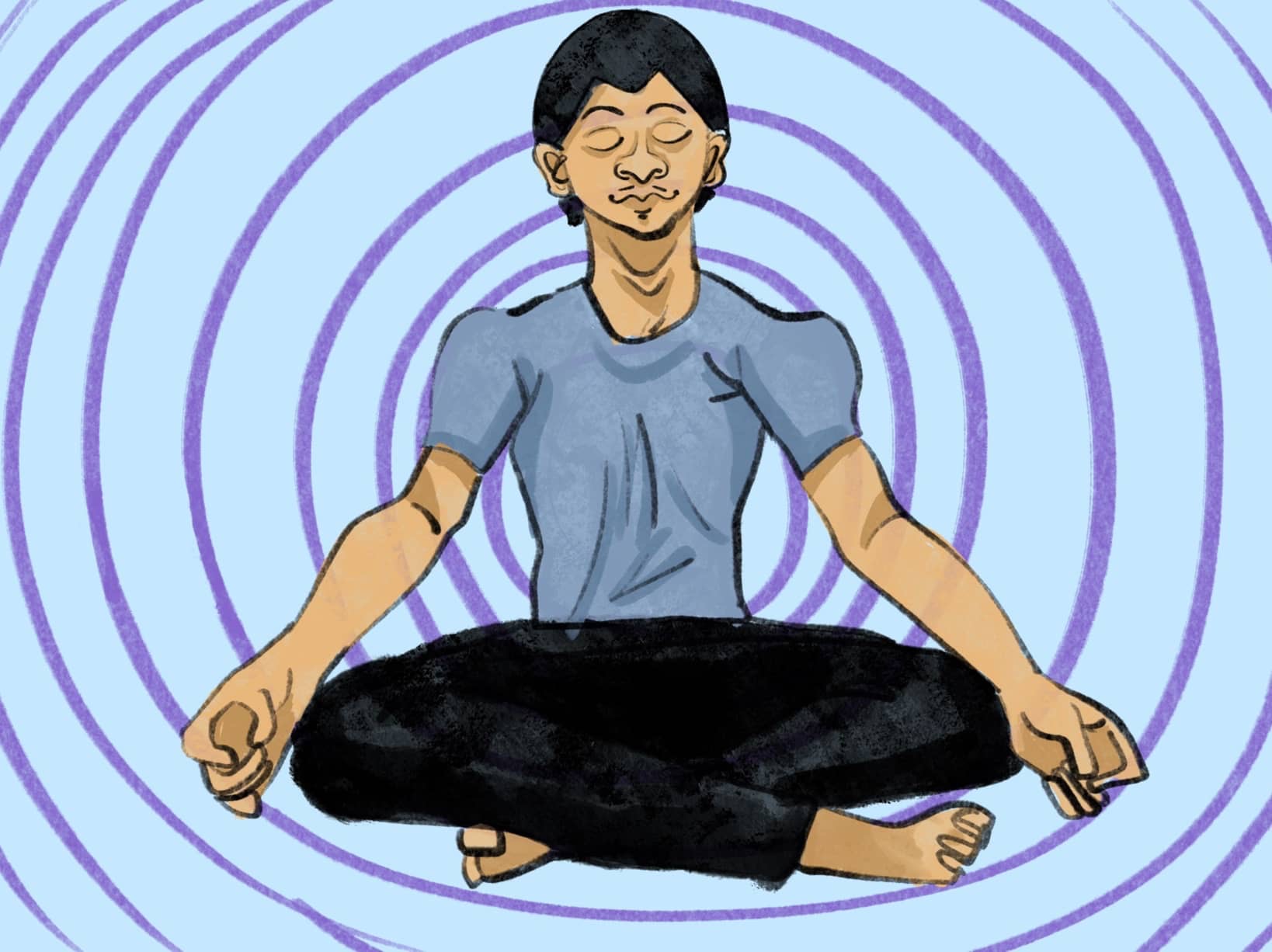

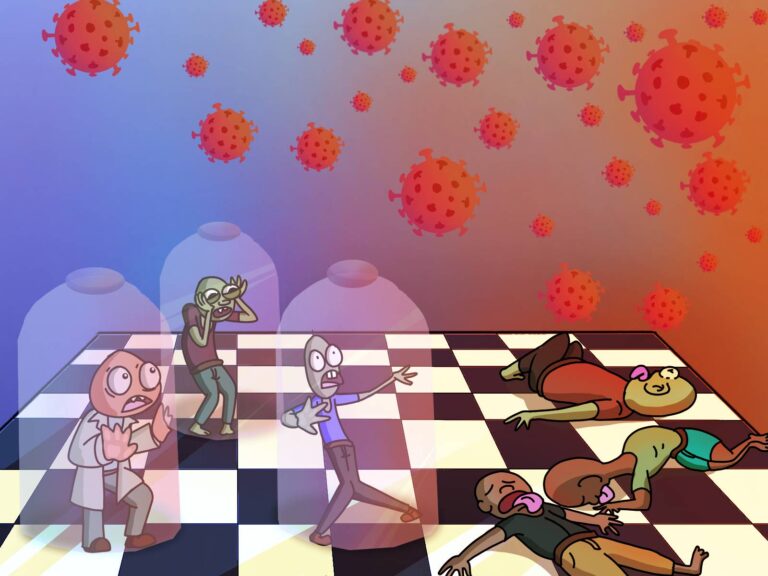

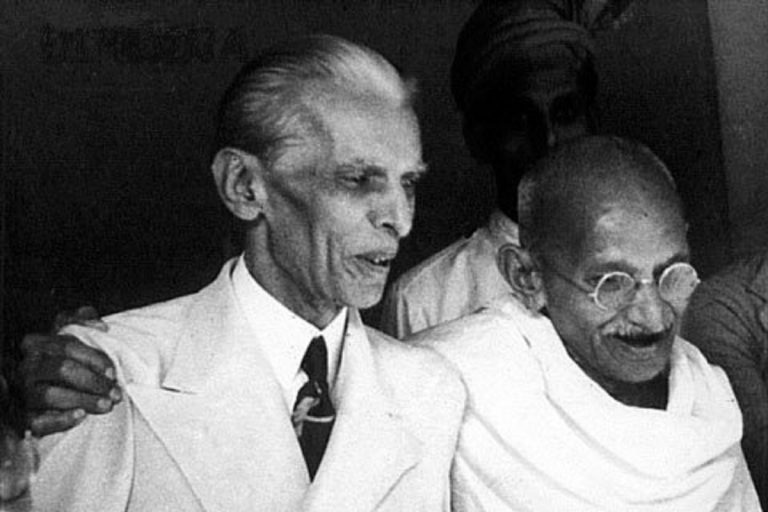
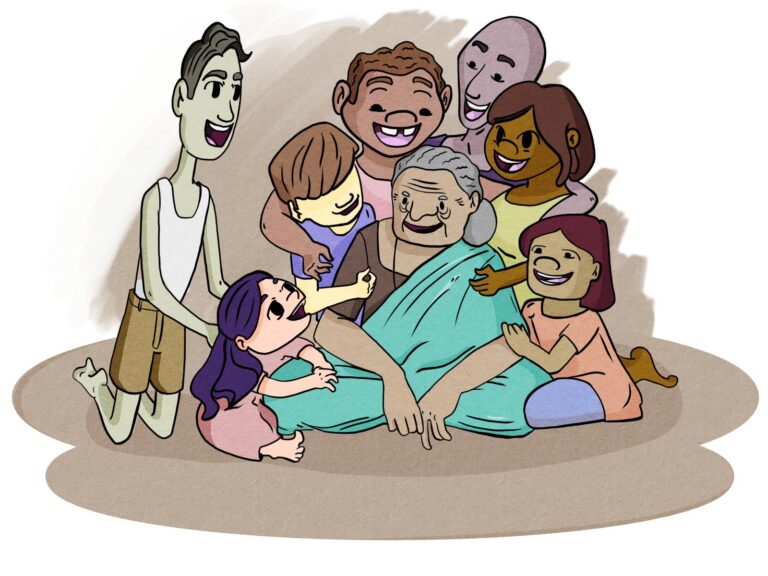
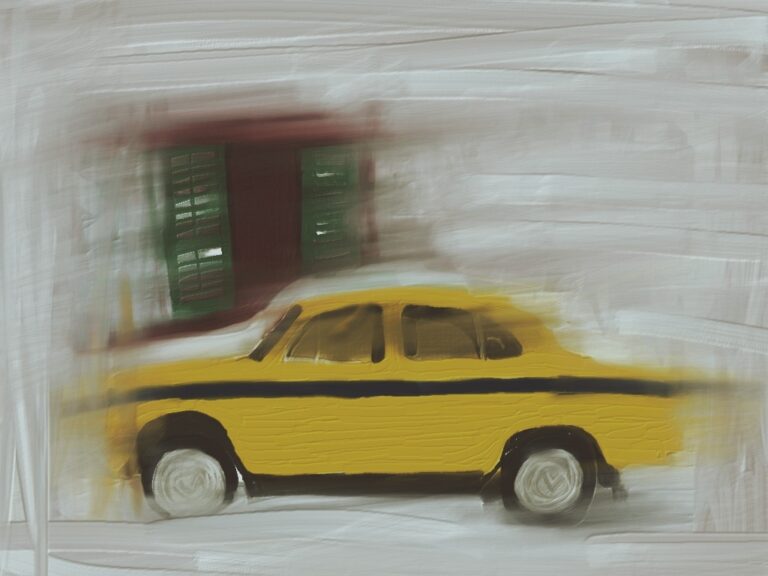
What a fabulous thought and the way u correlate everything was very nice
Thank you sir/ mam.
Very well said and written. May every human start to hear his / her conscience and stop behaving like inhuman.
Humans are most sophisticated creature and sometimes most vulnerable to this sweet earth